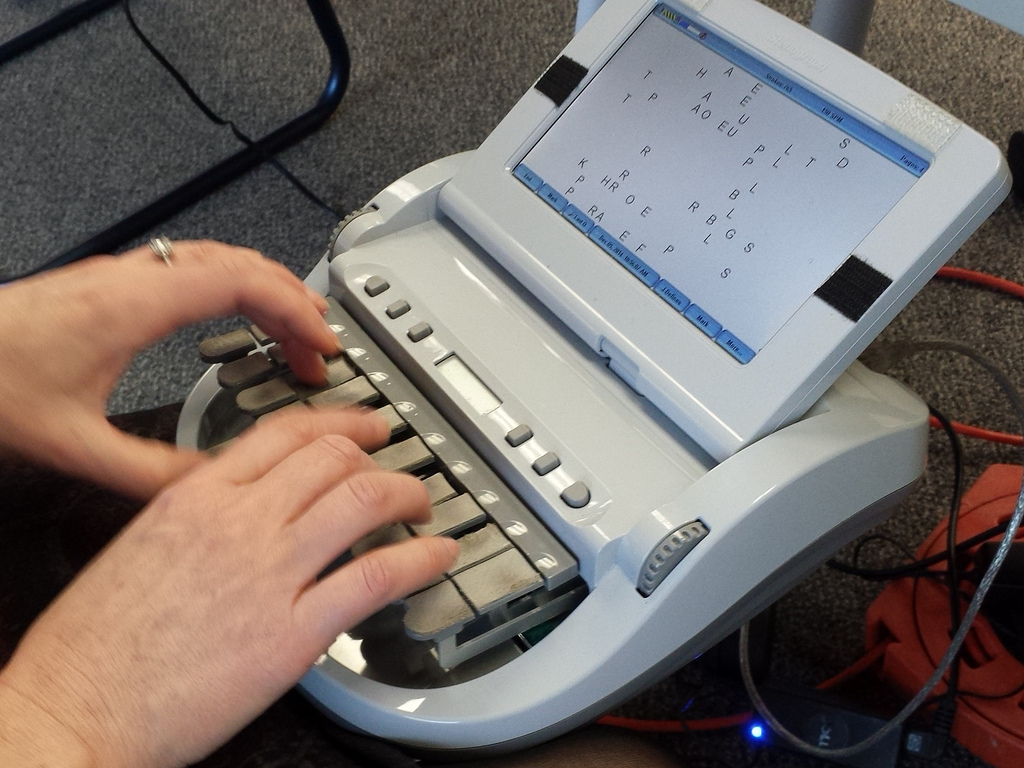Court reporting and the Advancement of Digital Tools
Court reporting and the Advancement of Digital Tools
Blog Article
Understanding the Essential Duty of Court Reporting in Legal Process
Court reporting is frequently overlooked, yet it's crucial in legal process. You might not realize exactly how court reporters ensure every word spoken is videotaped properly, impacting choices made by judges and juries. Their skills and modern technology play a considerable duty in preserving the stability of legal documents. What specifically does the process entail, and exactly how has it advanced over time? Let's explore the basic functions of court reporting and its importance in the lawful landscape.
The History of Court Coverage
Court coverage has an abundant history that goes back to ancient worlds, where scribes utilized numerous techniques to record talked words. The earliest forms of shorthand emerged in Greece around 400 BC, enabling thinkers and political leaders to videotape speeches quickly. As you move with history, you'll find that the Romans adopted similar techniques, fine-tuning them to record lawful process. By the 16th century, modern-day shorthand systems started to take shape, making it possible for stenotype reporter to generate exact records efficiently.
Today, court reporters play a substantial role in legal procedures, guaranteeing that every word talked in the courtroom is precisely documented. Recognizing this background highlights the importance of court reporting in preserving a reasonable legal system.
The Abilities Required for Court Reporters
As a stenotype reporter, you need solid typing abilities to stay on par with the busy dialogue of lawful proceedings. Your capability to pay attention diligently is simply as crucial, making sure every word is captured properly. Mastering these skills is essential to supplying specific and reputable transcripts.
Proficient Typing Abilities

Solid Listening Skills
Solid paying attention skills are important for court reporters, as they need to properly capture spoken words in genuine time. You need to concentrate intently on the discussion, getting nuances, tone, and context to ensure every information is recorded correctly. This skill aids you differentiate between speakers, comprehend lawful lingo, and adhere to complex conversations. It's not simply concerning hearing words; it's concerning comprehending and translating them quickly. You'll often face different accents and speech patterns, so flexibility is necessary. Exercising energetic paying attention strategies can enhance your capabilities; as an example, summarizing what you've listened to after discussions can strengthen your skills. Eventually, strong paying attention abilities make you an essential asset in legal process, guaranteeing clarity and precision in the court document.
The Modern Technology Behind Court Reporting
In the domain name of lawful procedures, technology plays an essential function in boosting the accuracy and effectiveness of court reporting. You're most likely knowledgeable about the standard stenotype machine, however modern-day stenotype reporter currently use sophisticated software program that incorporates with these equipments, allowing real-time transcription. This indicates you can have instantaneous access to the transcript as the procedures unfold.
Digital audio recording is another technical innovation that's gaining traction. It records every talked word, assuring nothing is missed. Some reporters make use of voice acknowledgment software, which can help enhance the transcription procedure, though it still requires human oversight for accuracy.
Furthermore, cloud-based storage enables very easy accessibility and sharing of her response transcripts, improving partnership among legal groups. By leveraging these innovations, stenotype reporter can supply high-grade, prompt documents that are vital for the legal process. Embracing this technology not just enhances your understanding but also guarantees reliability in lawful documentation.
The Court Reporting Process

As legal process unfold, the court reporting process becomes essential in recording every detail properly. You'll find that a court reporter plays an important duty by recording talked words into written text in real-time. When you step right into the courtroom, the press reporter is already prepared, geared up with specialized devices like stenographic equipments and audio recording gadgets.
Throughout the procedures, the press reporter listens diligently, inputting out every little thing stated, from witness testaments to attorneys' debates. You may notice them stopping briefly occasionally to ensure quality or to request a repeat if something had not been clear. After the session, the reporter assesses the transcript, making required edits for readability.
This whole process not just guarantees an extensive document however additionally prepares you for future reference during allures or case evaluations. In the busy environment of a court, the court reporting procedure is important for preserving an accurate account of events.
The Relevance of Precision in Transcripts
While a court reporter's main duty is to transcribe spoken words, the precision of these records is crucial for the honesty of legal procedures. When you're included in an instance, you count on specific paperwork to comprehend the occasions and disagreements offered. Any kind of mistakes in transcription can lead to misunderstandings, misconceptions, or perhaps wrongful judgments.
Precise transcripts assure that every information is caught, supplying a reliable record for courts, attorneys, and courts. This degree of information is crucial during allures or when referencing previous testaments. If a records consists of mistakes, it can weaken the entire legal process, possibly influencing results.
Additionally, accurate records maintain the rights of all celebrations entailed, promoting fairness and openness. Whether you're a legal representative preparing for trial or a witness mirroring on your testament, you can description trust that the court press reporter's skill in precision plays a considerable function in your case's success.
The Duty of Court Reporters in Different Lawful Settings
Court press reporters play a vital role in numerous legal setups, from trials to depositions and lawful hearings. You'll discover that their work assurances every talked word is precisely recorded, which is important for the lawful procedure. Understanding exactly how their obligations differ throughout these environments can highlight their influence on the justice system.
Court Reporters in Trials
In any type of legal trial, you'll find that court reporters play a necessary duty in recording the process with accuracy and precision. Court press reporters must keep focus and rate, frequently using specialized equipment to maintain up with fast-paced discussion. Inevitably, court reporters assist support the justice system, guaranteeing openness and responsibility throughout trials.
Depositions and Legal Hearings
Beyond tests, court reporters additionally play a vital duty in depositions and legal hearings. Court reporters supply real-time transcription solutions, permitting lawyers to adhere to along and deal with any kind of issues promptly. In brief, court reporters are indispensable in preserving the stability and quality of the legal document in depositions and hearings.
Future Fads in Court Coverage
As technology continues to advance, the future of court reporting assures to be shaped by ingenious devices and methods that improve precision and effectiveness. You'll likely see raised use expert system and real-time transcription solutions, enhancing the reporting procedure. These advancements can help you access records faster, which can be important for your lawful methods.
Furthermore, integrating video conferencing and remote reporting will certainly become more usual, allowing you to get in touch with stenotype reporter from anywhere (court reporting). This flexibility can make depositions and hearings more available, saving both time and resources
You'll also notice an emphasis on electronic recordkeeping, which streamlines the storage and retrieval of transcripts. With cloud-based solutions, you'll have the capacity check that to share records firmly and work together with your legal team in real-time.
Frequently Asked Inquiries
What Is the Ordinary Income of a Court Reporter?
The typical salary of a stenotype reporter differs by location and experience, but you can anticipate it to vary from around $50,000 to $80,000 yearly. Many variables influence this income, consisting of specialization and need.
Just how Do I Become a Qualified Court Press Reporter?
To end up being a licensed court press reporter, you'll need to complete a court reporting program, pass a certification exam, and gain practical experience. It's critical to stay upgraded on sector requirements and continuing education and learning requirements.
What Sorts of Cases Do Court Reporters Cover?
Court press reporters cover numerous cases, consisting of criminal tests, civil claims, depositions, and arbitration hearings. You'll discover them documenting everything, making sure accurate records for courts, lawyers, and events involved, recording every word spoken in lawful settings.
Are Court Reporters Required to Have a Degree?
Yes, court reporters usually require a degree or qualification in court coverage. Many programs provide specialized training, guaranteeing you obtain the skills needed for accurate transcription and lawful documents in numerous settings.
Can Court Reporters Work Remotely?

Report this page